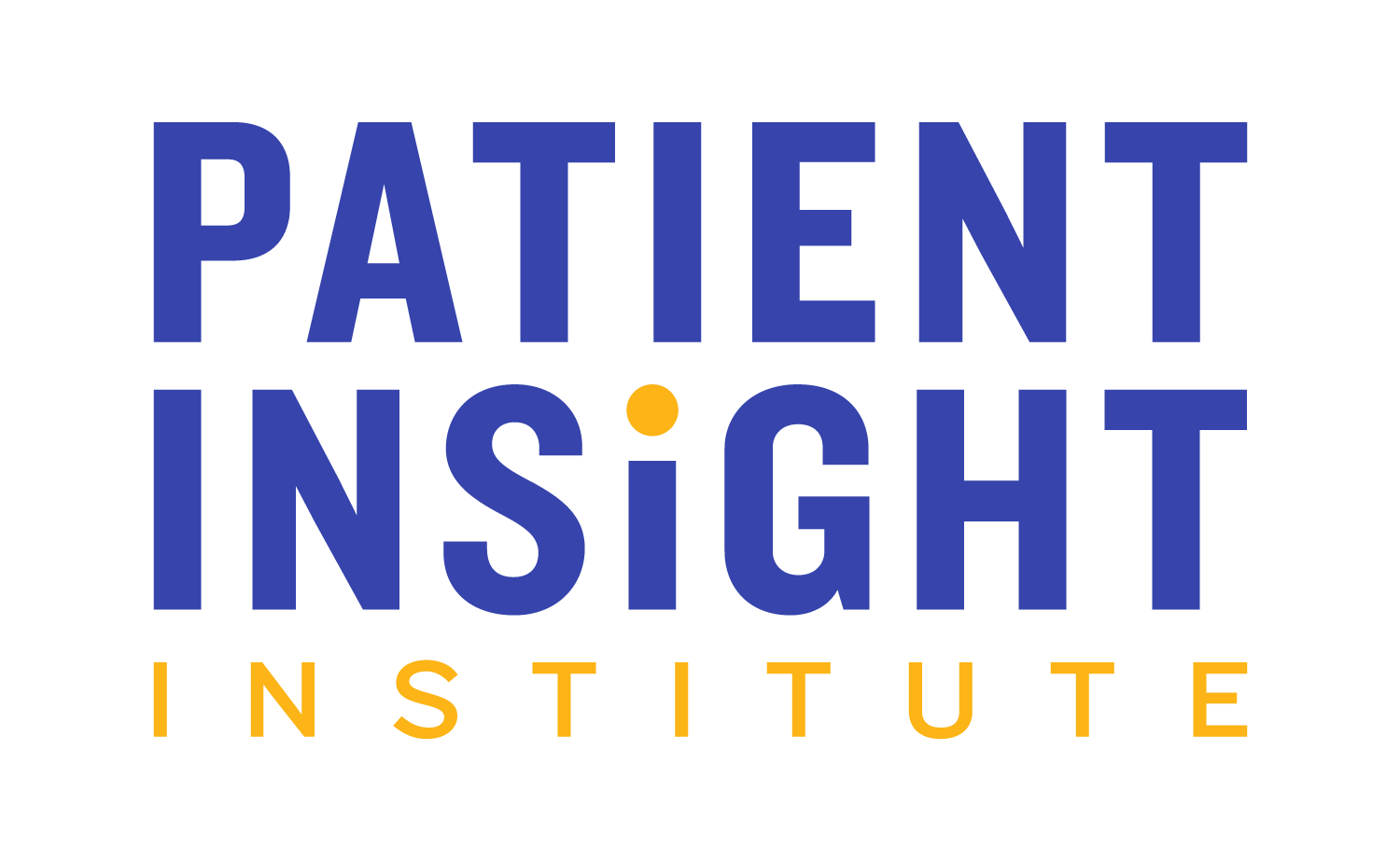Why I Joined the Patient Advocate Foundation
Christian Espinoza, NPAF Intern
is a PhD candidate at Claremont Graduate University, studying Urban Educational Leadership
July 1, 2025
I come to public health not just as a student or intern, but as someone who has lived on the margins of care. I’m a first-generation immigrant, queer, low-income Latino with an invisible disability and a family history of schizophrenia. My journey into public health is deeply personal, shaped by the silence around mental health in my family, the fear and confusion that accompanied every medical form, and the structural barriers that taught me early on that care wasn’t guaranteed for people like us.
Since I was eleven years old, I became a bridge between my family and a healthcare system that didn’t speak our language, literally and figuratively. I interpreted pharmacy instructions as a child, advocated for my parents at doctor’s offices, and tried to make sense of why some doors were open for others but closed to us. These moments weren't just challenges; they were revelations. I realized that health is not only about the body—it’s about power, access, and the systems we’re forced to navigate.
That understanding brought me to public health. But it is my internship with the National Patient Advocate Foundation (NPAF) that has shown me what it looks like when a national organization puts justice into action.
At NPAF, I am working on initiatives that center people often left out of policy conversations—patients with chronic conditions, low-income families, individuals navigating complex care systems. In this role, I am helping amplify patient voices, contributing to compliance and policy projects, and exploring how national healthcare organizations can better support those like my family: people with complex needs who are often rendered invisible. I’ve learned that effective public health work doesn’t just ask who is in the room; it asks who’s missing, and why.
This work has been a full-circle moment. The child who once navigated forms and diagnoses for his parents is now shaping frameworks that aim to make healthcare more accessible, transparent, and humane. And as I pursue my Ph.D. in Urban Educational Leadership at Claremont Graduate University, I bring this lens into every classroom, every research question, every advocacy campaign.
Public health needs more than data; it needs lived insight. It needs leaders who understand that invisible disabilities are still valid, that mental health deserves the same urgency as physical health, and that immigrant families don’t need pity—they need policies that work for them. It needs advocates who see justice not as an abstract ideal but as a daily, deliberate practice.
My story is not unique—but that’s exactly the point. There are thousands like me who deserve systems that see them, respect them, and serve them. Through public health, and with partners like PAF, I’m working to make sure they don’t have to navigate those systems alone.
Because health isn’t a privilege. It’s a right. And we all deserve to be well—not just in body, but in belonging.


